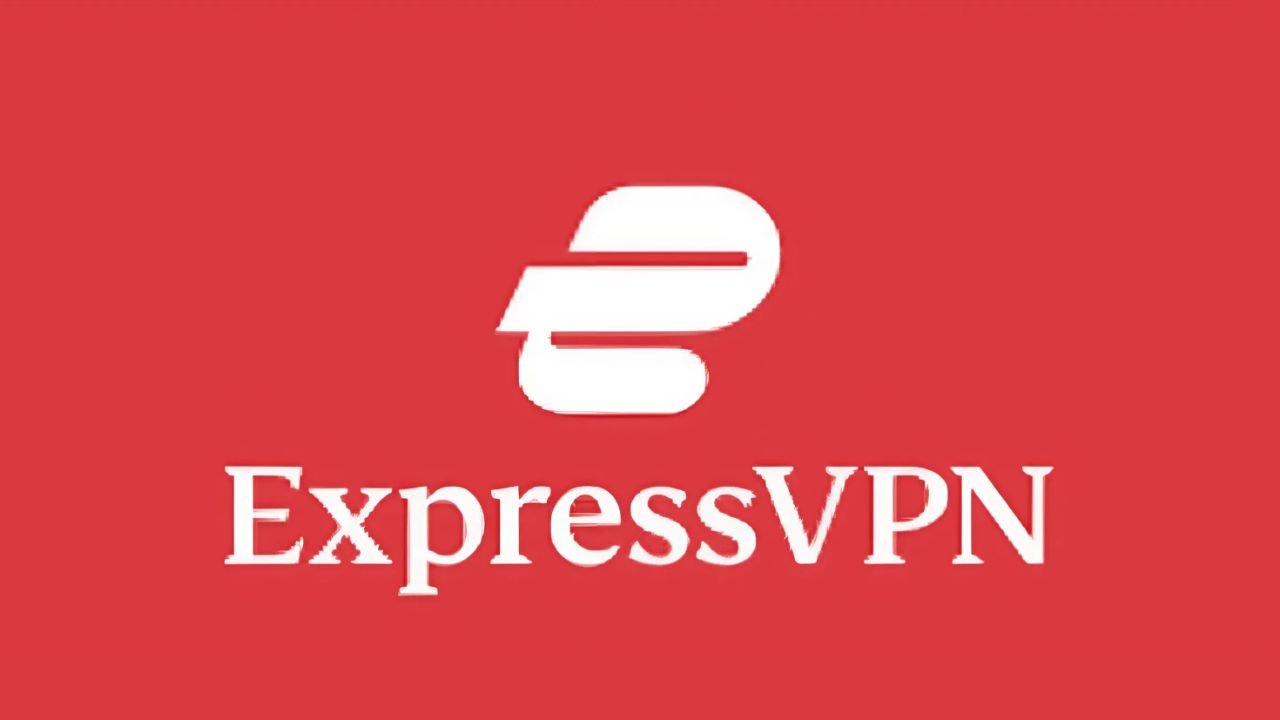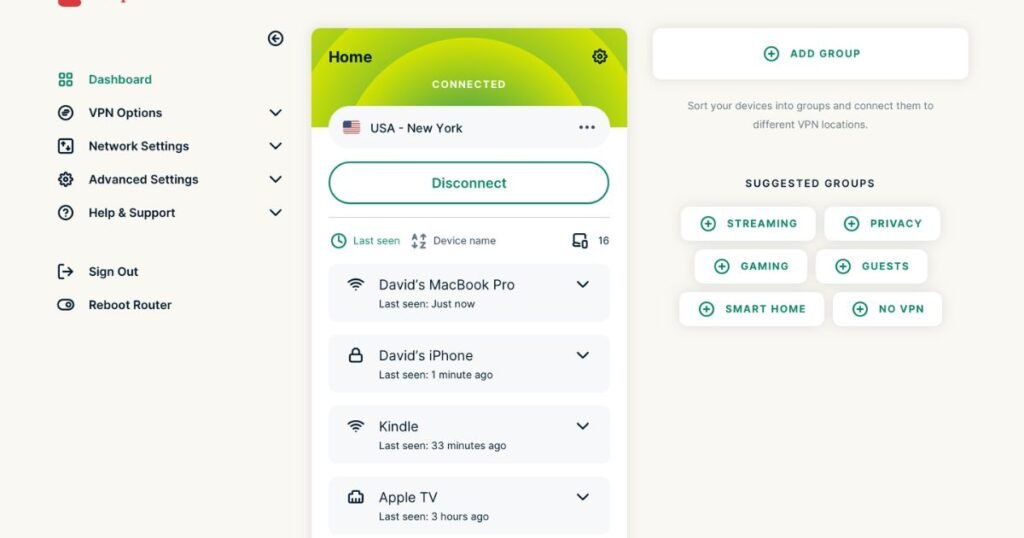ExpressVPN is a virtual private network (VPN) service renowned for its robust features aimed at enhancing online privacy, security, and freedom. At its core, ExpressVPN functions by creating a secure encrypted tunnel between your device and the internet. This tunnel ensures that all data transmitted between your device and the VPN server is encrypted, preventing anyone from intercepting or monitoring your online activities.
Key Features of ExpressVPN:
- Encryption: ExpressVPN uses AES-256 encryption, which is the industry standard for securing data. This encryption ensures that even if your internet connection is compromised, your data remains unreadable to unauthorized parties.
- Server Network: ExpressVPN boasts a vast network of servers strategically located in over 160 locations across 94 countries. This extensive server coverage allows users to access content from virtually anywhere in the world and helps in bypassing geo-blocked websites and services.
- No-Logs Policy: ExpressVPN adheres to a strict no-logs policy, meaning it does not track or log your online activities, ensuring your privacy remains intact. This commitment to user privacy is bolstered by the company’s jurisdiction in the British Virgin Islands, which has no data retention laws.
- High-Speed Connections: Despite encrypting data, ExpressVPN maintains high-speed connections suitable for streaming HD content, online gaming, and large file downloads. This is achieved through optimized server infrastructure and protocols.
How ExpressVPN Works:
ExpressVPN works by rerouting your internet connection through its secure servers using encryption protocols. When you connect to ExpressVPN, your device encrypts all outgoing data and sends it through a secure tunnel to the VPN server. The VPN server then decrypts the data and sends it to the intended destination on the internet. This process masks your IP address with that of the VPN server, effectively anonymizing your online presence and enhancing security.
Uses and Applications:
ExpressVPN serves a variety of purposes for individuals and businesses alike:
-
- Privacy and Security: Protecting personal data from hackers and surveillance.
- Accessing Geo-Restricted Content: Bypassing regional restrictions to stream content or access websites unavailable in your location.
- Safe Public Wi-Fi Usage: Securing connections on public Wi-Fi networks to prevent data interception.
- Business Solutions: Providing secure remote access for employees and safeguarding confidential communications.

